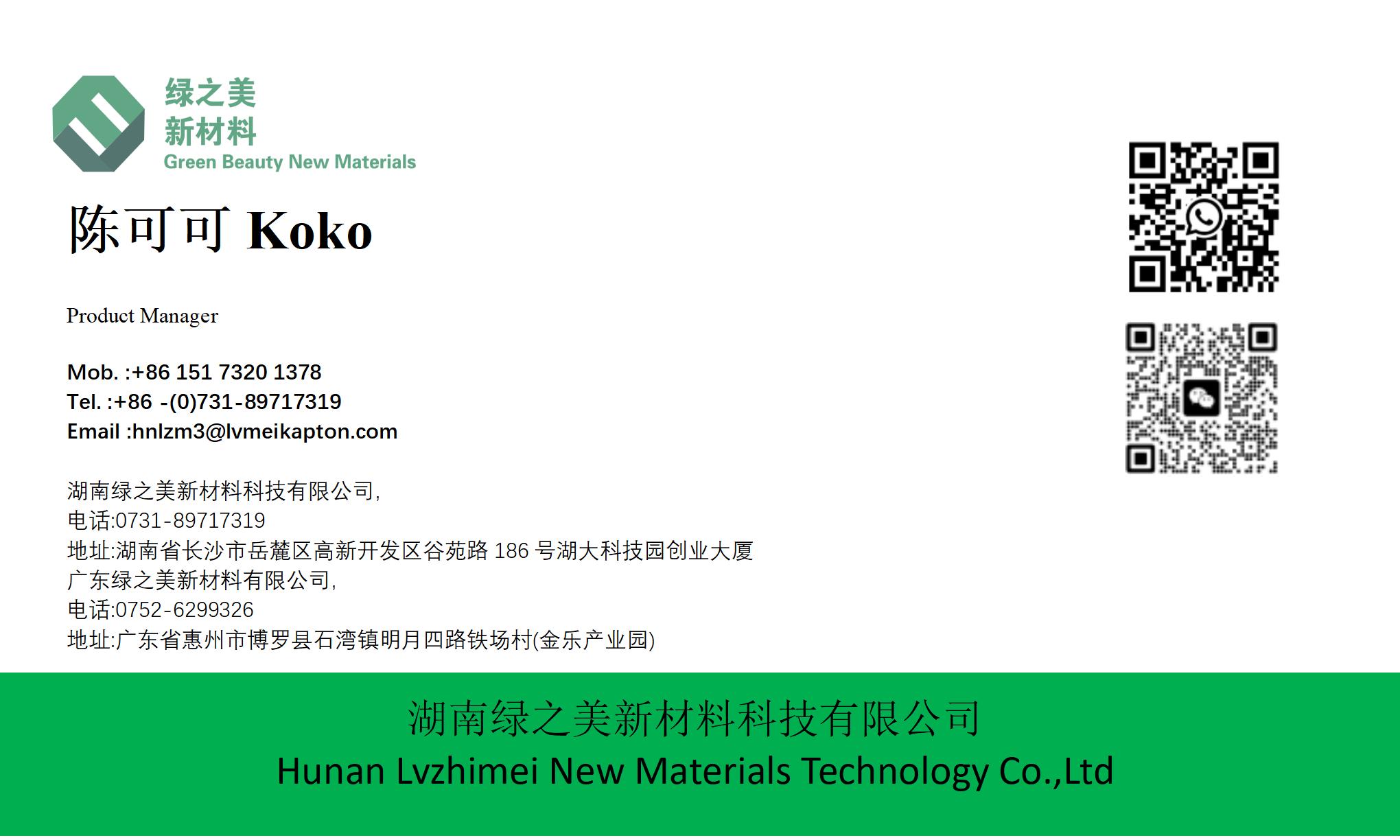



How Does ROHS Compliance Impact PI Tape in Electronics Manufacturing? | https://www.lvmeikapton.com/
Introduction PI tape (polyimide tape), known for its exceptional thermal resistance and electrical insulation, is a cornerstone material in electronics manufacturing. However, global environmental regulations, particularly the ROHS Directive, impose stringent requirements on hazardous substances. This article explores how ROHS compliance reshapes PI tape production, applications, and market dynamics.
Restricted Substances: ROHS 3 (2015/863/EU) limits ten harmful substances, including lead (Pb), mercury (Hg), cadmium (Cd), hexavalent chromium (Cr6+), PBBs, PBDEs, and phthalates (DEHP, BBP, DBP, DIBP). PI tape manufacturers must ensure these contaminants remain below 0.1% (1000 ppm) for most substances, with Cd capped at 0.01% (100 ppm).
Homogenous Material Testing: Compliance verification requires analyzing each component layer (e.g., PI film, adhesive) separately to meet thresholds.
Supply Chain Audits: Manufacturers must trace raw materials to certify ROHS compliance, often demanding third-party certifications from suppliers.
Implications for PI Tape Production
● Material Reformulation: Traditional adhesive systems containing Pb or phthalates are phased out, replaced with eco-friendly silicones or acrylics.
● Cost-Efficiency Balancing Act: While sustainable materials increase production costs, ROHS compliance unlocks access to green markets, offsetting expenses through premium pricing.
● Testing Infrastructure Investment: Manufacturers adopt advanced analyzers (XRF, ICP-OES) to verify substance concentrations, ensuring batch consistency.
Applications in ROHS-Compliant Electronics
Application | PI Tape Role | ROHS Relevance |
SMT Reflow Protection | Shields gold fingers during high-heat processes | Prevents Pb/PBB contamination from soldering fluxes |
FPC Fixation | Mounts flexible circuits in devices | Eliminates hazardous adhesives, ensuring long-term stability |
Cable Insulation | Wraps high-voltage wires | ROHS-certified materials avoid environmental leakage risks |
Market & Innovation Trends
● Eco-Branding: Manufacturers highlight ROHS compliance as a competitive advantage in datasheets and marketing materials.
● Circular Economy Integration: Development of recyclable PI tapes aligns with EU Extended Producer Responsibility (EPR) directives.
● Advanced Testing Tech: AI-powered QC systems analyze ROHS data across production lines, reducing manual errors.
Conclusion ROHS compliance isn’t merely a regulatory hurdle—it’s a catalyst for PI tape innovation. By embracing eco-friendly materials and rigorous testing protocols, manufacturers not only meet legal obligations but also position themselves as leaders in sustainable electronics solutions. As ROHS evolves, PI tape technologies will likely incorporate biodegradable polymers and AI-driven compositional analysis. https://www.lvmeikapton.com





